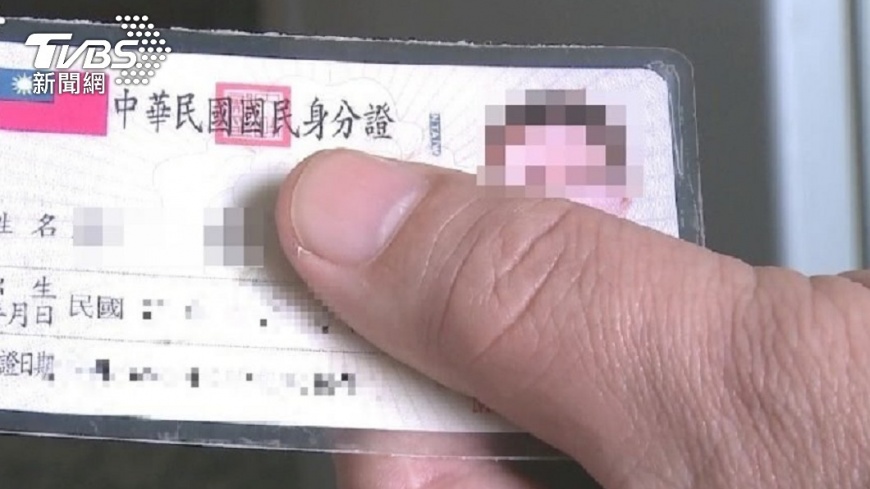TAIPEI (TVBS News) — The Legislative Yuan passed the third reading of amendments to the Nationality Act on Tuesday (May 7), which will impact the naturalization conditions for foreign high-level professionals, including basketball players.
The amendment will relax the residency requirements for foreign professionals applying for naturalization. The current requirement of legal residency for more than 183 days per year for three consecutive years will be shortened to two years.
The Chinese Taipei men's national basketball team currently has only two naturalized players, William Artino and Quincy Davis. However, one has contract renewal issues and the other has injuries, leaving the team without any naturalized players for the 2025 FIBA Asia Cup qualifiers.
The third reading stipulates that after foreign professionals are jointly reviewed and approved by the Ministry of Interior, social justice individuals, and related agencies, the residency requirement for naturalization will be relaxed from the current three years to two years, or those who have legally resided in the Republic of China for more than five consecutive years.
In addition, to thank foreign nationals with special merits for their long-term residence and contributions in Taiwan, the third reading adds that such individuals, or stateless persons, will be exempt from the NT$1,200 fee for a nationality permit when applying for naturalization.
In line with the lowering of the age of majority in civil law, the current text "unmarried minor children of the naturalized person" has been amended to "unmarried children under 18 of the naturalized person" who can apply for accompanying naturalization.
Furthermore, to address the issue of stateless children, the text adds that stateless minors can be assisted by guardians, social welfare agencies, or institutions to apply for naturalization, ensuring their rights to medical care, social welfare, and education.



